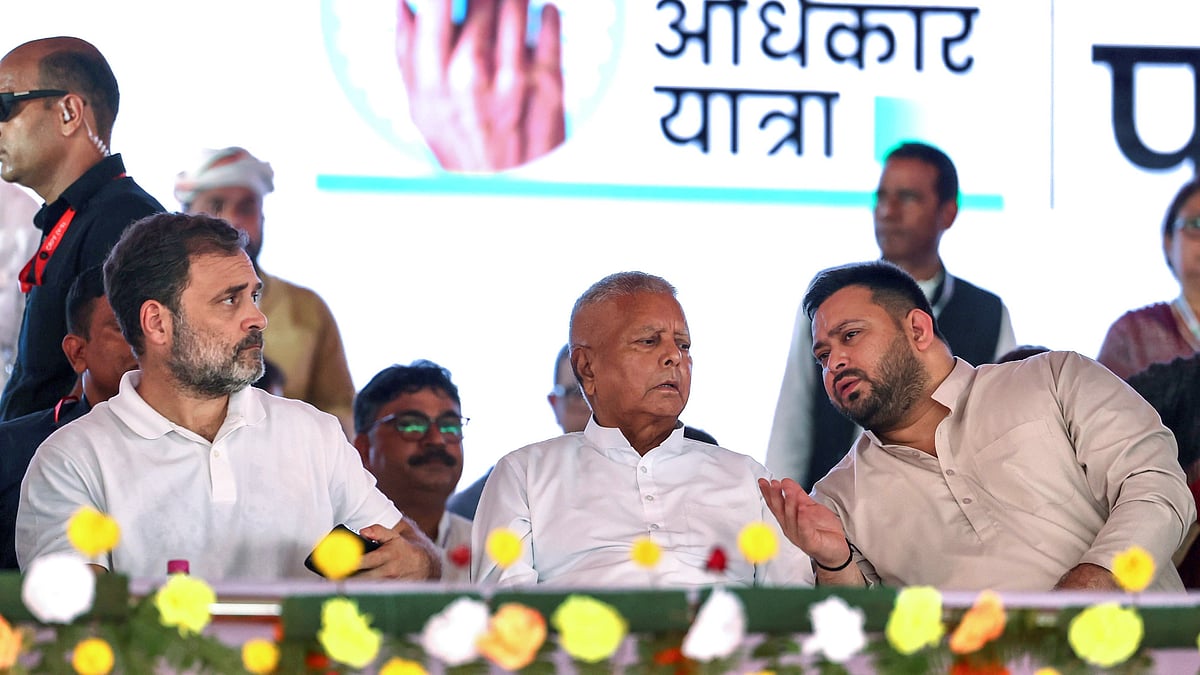As Budget 2025 approaches, all eyes are on the government’s plans for boosting the financial well-being of individuals in India. The Union Budget is not just a document of fiscal allocations—it has a direct impact on how people save, spend, and invest. With inflationary pressures and rising costs of living, taxpayers and investors are hoping for significant reforms and relief measures. This year’s budget could redefine personal finance for millions by addressing key areas such as taxation, savings , healthcare, housing, and retirement planning. Let’s explore the personal finance expectations from Budget 2025 and how they could shape the financial landscape of the country.
Enhanced investment limit
With rising inflation, the current limit of ₹1.5 lakh under Section 80C has become outdated. An increase to ₹2.5 lakh could be expected, encouraging individuals to invest in long-term financial instruments like PPF, EPF, ELSS, and life insurance policies.
New section for expenses
The government may introduce a new tax deduction for expenses incurred on financial education or certifications. This would encourage individuals to gain better control over their financial lives and plan investments wisely.
Boost for Health Insurance
The deduction under Section 80D for health insurance premiums could see an increase. The current limit of ₹25,000 (₹50,000 for senior citizens) might be raised to ₹40,000 and ₹75,000 respectively, considering the rising cost of healthcare.
Green Investments
The government might introduce tax exemptions or rebates for investments in “green” financial products, such as renewable energy bonds or ESG (Environmental, Social, and Governance) funds. This would promote sustainable investing and align personal finance goals with environmental objectives.
Simplification of tax regime
To make the new tax regime more attractive, additional benefits such as deductions for housing loan interest or standard deductions for salaried individuals may be introduced. This will make taxpayers reassess their choice between old and new regimes.
Home Loan Interest
The deduction under Section 24(b) for home loan interest is currently capped at ₹2 lakh. To incentivize home ownership in urban and rural areas, the limit may be raised to ₹3 lakh.
Pension incentives
The National Pension System (NPS) could see additional tax benefits, such as a higher deduction under Section 80CCD. The government may also consider a separate category for voluntary contributions to provident funds for better retirement planning.
Reduced GST
Financial services such as mutual fund transactions, life insurance premiums, and demat account maintenance charges currently attract 18% GST. A reduction to 12% or lower may encourage broader participation in financial markets.
For women investors
The government could introduce special women-focused investment products, such as Sukanya Samriddhi Yojana or Women Empowerment Bonds, with fully tax-free returns to empower women financially.
Digital push
With the push for a digital economy, investments in digital gold, cryptocurrencies, or blockchain-based assets might attract a lower tax rate or even some initial exemptions.
Emergency savings
A tax deduction or rebate might be introduced for emergency savings funds kept in specific, regulated financial instruments. This would promote financial preparedness for unforeseen events.
Conclusion
Budget 2025 holds the potential to transform personal finance by addressing key concerns of taxpayers and encouraging a culture of savings and investments. Reforms like enhanced tax deductions, incentives for green and digital investments, and a focus on women’s financial empowerment could create a financially resilient population. By balancing relief measures with initiatives for long-term financial security, the government can pave the way for an inclusive and prosperous economy. As individuals await the announcements, one thing is certain—the expectations from Budget 2025 are as diverse as India itself, and its impact will resonate across all sections of society.
(Author is the Founder of Money Mantra, a personal finance solutions firm)











